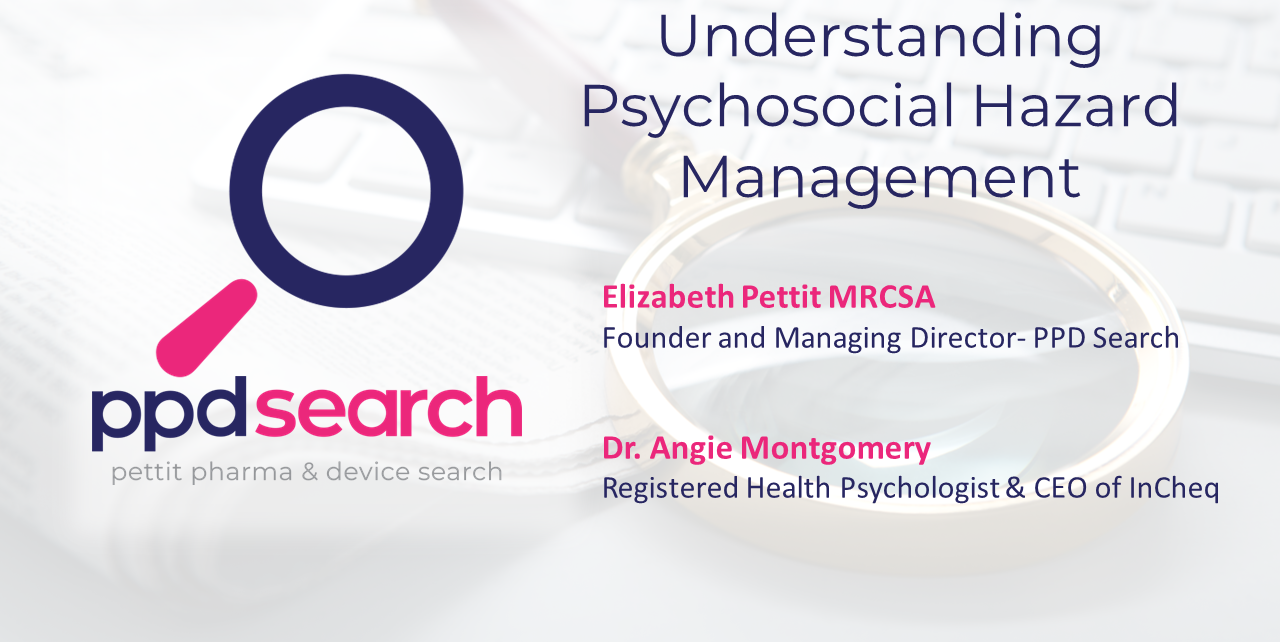Declining a job offer – gracefully.
Published on August 23, 2019
Written / Hosted by:
By May Villaruel | August 2019
I still remember the first job offer I accepted when I was 18. I just said yes without having any second thoughts, started working immediately a few days later and about 2-3 months down the track, it turns out the company is operating in the country illegally and the owner had fled the country which led to a strike against the other business owners who were still there. If I knew what I know now, I would have turned that offer down, applied to other job opportunities and waited for the right offer or, in that situation, the right company.
Saying no to a job offer after multiple interviews is like turning down an exclusive relationship after multiple dates. It is never easy. It is important to be prepared and think about how to approach the task with care as you don’t want to burn bridges. You will never know when you might meet the same hiring manager in the future, right?
Now that I work with a healthcare recruitment agency in Sydney, I gathered some information on how to say no to a job offer. If done professionally, hiring managers will understand. Good communication is key. Here are a few things to keep in mind when declining a job offer.
- Be 100% sure and be prepared
If the offer is better than your current job but something doesn’t feel right, think about the pros and cons. Write it down if you must and make sure that you are making the right decision. Weigh up your options carefully because once you say no, you can’t change your mind. Also, writing everything down will help you with your explanation as to why you are saying ‘no’ before letting the company know.
- Pick up the phone, DO NOT send it in an email
Don’t even think about doing it through text. Again, be professional. Nothing says unprofessional than a text message to the company that says, “I’m sorry to decline your offer ”. Saying it over the phone exhibits professionalism and is more sincere.
”. Saying it over the phone exhibits professionalism and is more sincere.
- Thank the Hiring Manager for the opportunity
A lot of time and effort is spent on making a job offer for the right candidate. Showing your appreciation means a lot to hiring managers and it doesn’t only show them you’re being grateful but at the same time, professional. Recruitment agencies and hiring managers know a lot of people – you want to leave hiring managers with a good impression of you by being appreciative and professional when you decline an offer.

- Be honest about the reason why
It could be because you are applying for another role with another company and you prefer their offer or if it is because it’s not the salary package you expected, be open to discussing this with the hiring manager. Be honest, concise and tactful about why you’re saying no and maybe say something along the lines of “I hope we can keep in touch if another opportunity arises in the future”.
- Mention good feedback about the company if relevant
Mention your thoughts about the role – the positive aspects. This is a good chance to communicate positive feedback for the hiring manager and should help them in the future. Sincerity goes a long way and again, you want to leave a positive impression.
- Always remain professional and respectful, thank everyone and offer to help
You’ll never know when you will come across the same hiring manager/company in the future and you’ll never know who they know. If you applied for a role at pharmaceutical recruitment agencies or dedical recruitment agencies in Sydney, it’s a small world and word gets around. Always express your gratitude towards everyone who were part of your interview process when you get the chance and offer to refer other candidates you may be aware of who might be suitable for the role.
As you develop your career, you will be able to pick up issues or red flags throughout the interview process even before reaching the offer stage. Making the right career decision is crucial. Take the time to reflect on the career path you want to take, refine your search and make sure to weigh up your options.
From our blog
View our blogs and webinar recordings for insights into recruitment in the healthcare industry, company culture and to hear from senior leaders in the healthcare industry on what they are doing in their organisations, along with tips on landing your dream job.






